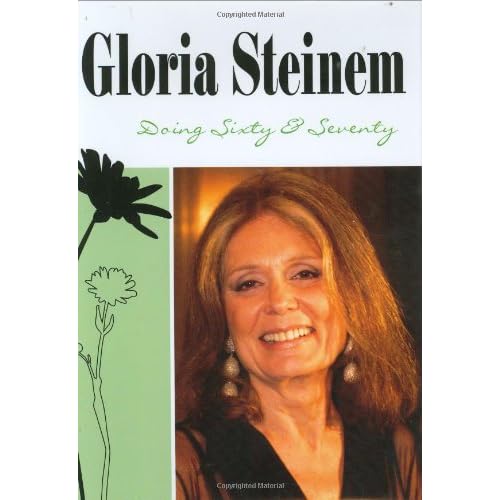Wednesday, June 18, 2008
Is age an issue in the presidential election?
Said author Adam Nagourney, the issue is not just candidate John McCain's age but the voters' age as well.
"Many boomers, as we all know, cherish and chase youth, and many of them, not surprisingly, could be found at Mr. Obama’s rallies this fall, the political equivalent of a 50-year-old man wearing a baseball cap backward. Yet, at a time when many Americans live into their 80s and beyond, those who are beginning to contemplate their first Social Security check can simultaneously embrace the belief that they will remain active members of society for years, even decades, to come. For these voters, Mr. McCain may seem as much a barrier-breaker as either Mr. Obama or Mrs. Clinton."
The same day, an article by geriatrician Greg Sachs, MD, professor and scientist for the University of Indiana Center for Aging Research, welcomed the controversy.
"I see this as an opportunity to help encourage greater education of the public about aging, health, and memory issues in particular." And those issues, he pointed out, don't just arise every four years but are with us always.
It's easy to merely dismiss concerns about age affecting performance as "ageist." But Dr. Sachs reminds us that, contrary to the beliefs of a youth-worshipping society, age brings with it greater diversity. It's not all old people who tend to be alike: young people are more similar in health and ability. With older people, you just can't generalize about anything. Especially not health.
Aging carries real concerns. Cancer, heart disease, stroke, diabetes, and kidney disease are found increasingly as people grow older. And so are alterations in brain and cognitive function. The latter is not an easy problem to address, as routine screening for cognitive impairment has yet to be found cost-effective.
Still, Dr. Sachs suggested, "perhaps older people who hold important positions affecting the lives of many others ought to have a more comprehensive evaluation on a regular basis."
Seems like a reasonable suggestion. For all of us, the ability to do the job should be the measure of suitablity, not age, race, gender or other factors.
What do you think about age and ability? Share your thoughts on this or other aging-related topics with us.
Thursday, March 13, 2008
Did you hear the one about the woman, the black guy, and the Walmart greeter?


 Gloria Steinem is 73, Robert Redford and John McCain 71. McCain's mother Roberta, who just renewed her driver's license, is 96. Do they seem "out to pasture," doddering, or foolish to you?
Gloria Steinem is 73, Robert Redford and John McCain 71. McCain's mother Roberta, who just renewed her driver's license, is 96. Do they seem "out to pasture," doddering, or foolish to you?In humor, you have to tread carefully. Unless you are going after "old folks," that is. Much has been said in this year's presidential campaign about sexism and racism. But there's another "ism" that seems to be taken for granted: ageism.
David Letterman calls presidential candidate John McCain a "Walmart greeter" and a "mall walker," according to Julie Bosman in the New York Times. She asks "Has ageism run rampant in mainstream discourse because America exalts youth?. . .is the oldster an archetype so ingrained in the American comic sensibility--a la 'Grumpy Old Men' and 'Golden Girls'--that it trumps identity in politics?"
Great question--although in fairness, ageist humor may be milder now than it used to be. When Bob Dole was running for office, Letterman said “Bob Dole is so old his Social Security number is 2. He’s so old that when he was a teenager, his cologne was New Spice. He’s so old, his Secret Service code name is The Clapper.”
Even McCain gets on board with 'the joke': "Usually, people watch my performance to see if I need a drool cup, or stumble around, or anything like that."
In Politico, Roger Simon points out that John F. Kennedy, for all his appearance of youthful vigor, was frail and ill much of his time in the office he entered at age 43. Youth alone is no guarantee of physical health, mental acuity, or fitness for office.
I'll admit that I'm not ready to give up jokes about old people myself. But I'm making a vow to find jokes where the older person comes out on top of the humor. Because what we say and how we say it makes a difference in how we see--and create--aging.
What do you think about old-age stereotypes? Age-related humor?
Friday, February 15, 2008
Ageism and drug safety

The Need for Drug Safety-the Older Person and Ageism grabbed me when it came across my desk through the Badgeraginglist. The listserv is a wonderful source of information for professionals in aging, and the source of many reports the Milwaukee Aging Consortium describes in our newsreel or information links.
